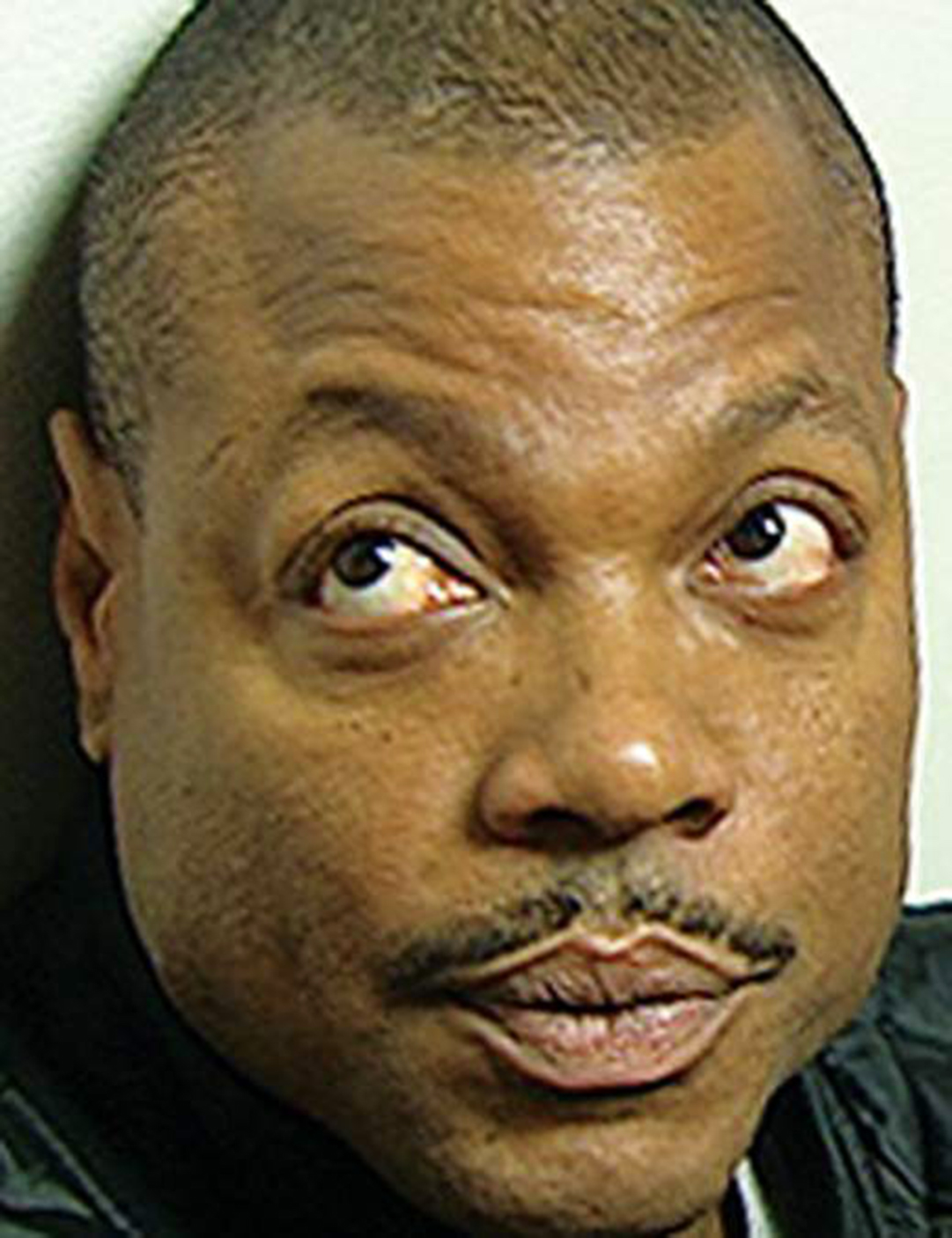His last day, like too many before it, was all fugged up. Which is to say fucked and brain-fogged up. Someone borrowed Reginald O’Keith Rogers’ Rolls and Reggie did not know where it was.
The onetime all-America football player walked to a friend’s house on East Yesler Way, and they went into the night looking for the prized 1983 two-tone Rolls-Royce. Hours later they returned empty-handed. At 5 a.m., Rogers crashed on the friend’s couch. Almost literally. At 6´6˝ and nearly 300 pounds, Reggie Rogers had an impact on furniture like he once had on the football field.
He did not go home to Beacon Hill that last Thursday because of another fugged-up day two weeks earlier. His impact that evening, October 7, was on his wife, who is 4´11˝. She married him two years ago, after the father of six was divorced in 2010. At their home on 15th Avenue South, she let a cop put his hands through her hair to see what Reggie had done. “I could feel a small bump on the top of her head,” said the cop.
The wife said she woke up near midnight to the noise of Reggie in the living room yelling at the television set. She went to check and he began yelling at her. He accused her of trying to kill him by asking him to stop drinking alcohol. He ordered her to get more beer from the garage. Then he struck her on the head with a flashlight. Outweighed by 180 pounds, she dialed 911 and ran out the door. Reggie, in black shorts and a T-shirt, followed her out. He was on the sidewalk when police arrived. He said, oh, his wife was just mad about a woman who’d called him.
Rogers was booked at King County Jail for domestic violence. The next day his wife filed for a protection order to keep him away until they could meet in court. Jail was a familiar place for Rogers. His record includes a string of DUI convictions from the 1980s to the 2010s. One drunken accident, in 1988, was a neck-breaking 60-miles-an-hour crash that left three Michigan teen boys dead. That was a year after the University of Washington lineman had been the seventh player picked in the National Football League draft. A suddenly affordable alcohol habit diminished his game, and the negligent-homicide conviction cost him 12½ months in prison. The Detroit Lions also no longer needed a player who’d broken his neck. In the ensuing years, he played unremarkably for two other NFL teams and finished up in Canada.
By 1997, he was back in Seattle working construction jobs and wrestling demons. He had put the homicide behind him, he said, even if the victims’ families hadn’t. He preferred not to talk about his older brother Don, also an all-America and a first-round NFL pick, who was 23 when he died of cocaine poisoning at his 1986 bachelor party. “Everything started to go downhill as soon as he died,” Reggie once allowed. “Every day, something happened.” He vented about the injustice of not being named to the Husky Hall of Fame. On the Internet, when he Googled himself, he found “one of the biggest draft busts in NFL history.” He wondered if a lasting football concussion was the source of his woes. He joined other players in a lawsuit against the league three years ago. “He is at increased risk of latent brain disease,” his attorney said. Two months ago, the suit was settled for $765 million. Maybe Reggie could get help.
But he’d kept drinking, and driving. Last year he began 12 months in jail for his sixth DUI. He was arrested shortly after he was released from jail for his fifth DUI. Convictions no longer seemed to matter. He deserved leniency, he told a judge, because when he played college sports, “I carried this whole team, this whole state, on my back.”
He might have been out drinking and driving on his last night if he’d had his car. But the Rolls was nowhere in sight when he got up after a few hours and left. He was gone awhile, and then was seen having a cigarette on the friend’s porch at noon. A half-hour later, a neighbor woman saw him sleeping and got a coat to put on him. Then she got close. Police and an aid car came, followed by the medical examiner. He was 49.
Toxicology tests are underway. Surely it had something to do with all those hits, the ones he took and gave. “I’ve had a lot of problems,” he once conceded. “To be honest with you, the problems are still here right now, and they will probably still be with me when I’m done playing football.” E
randerson@seattleweekly.com








